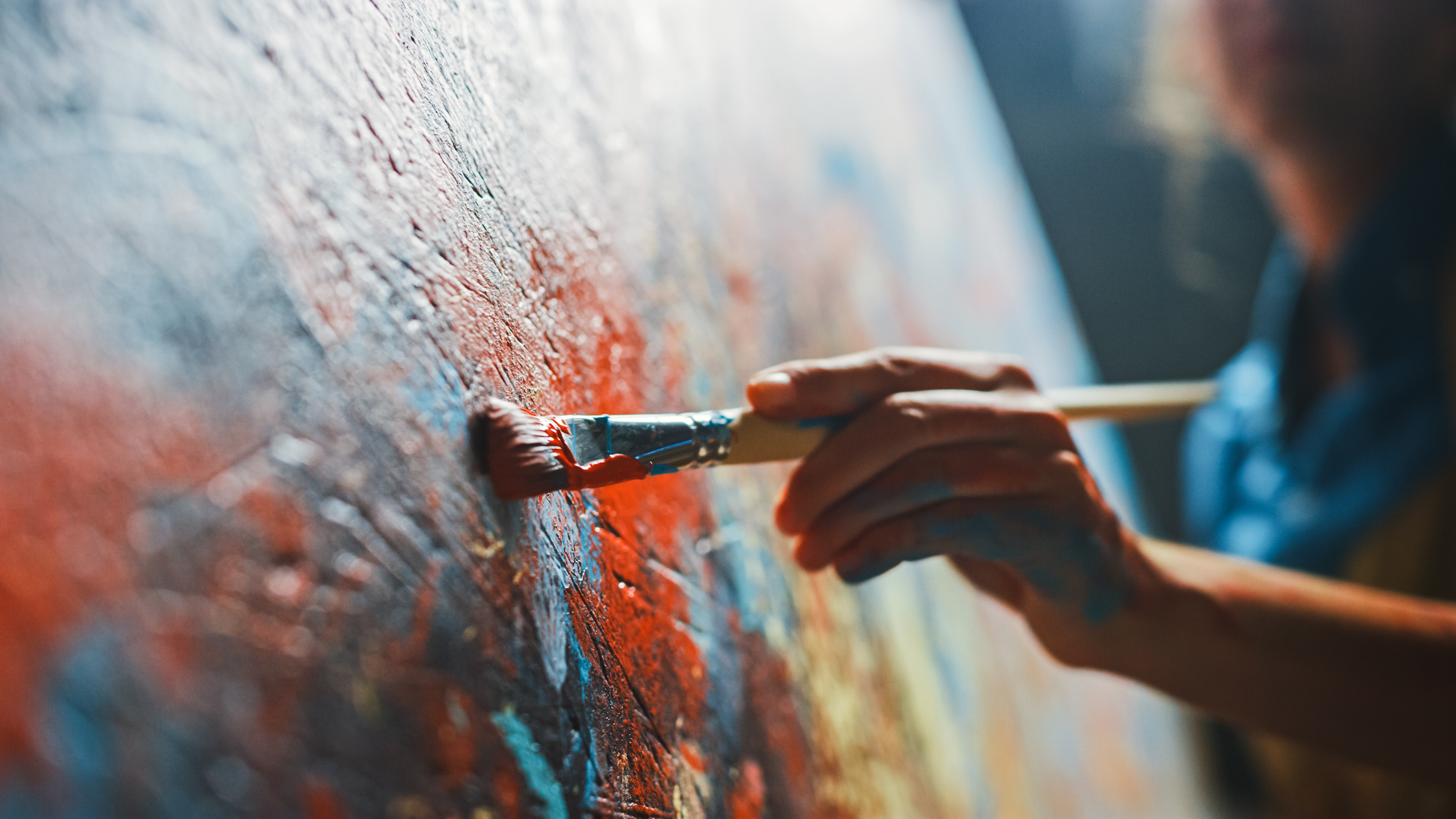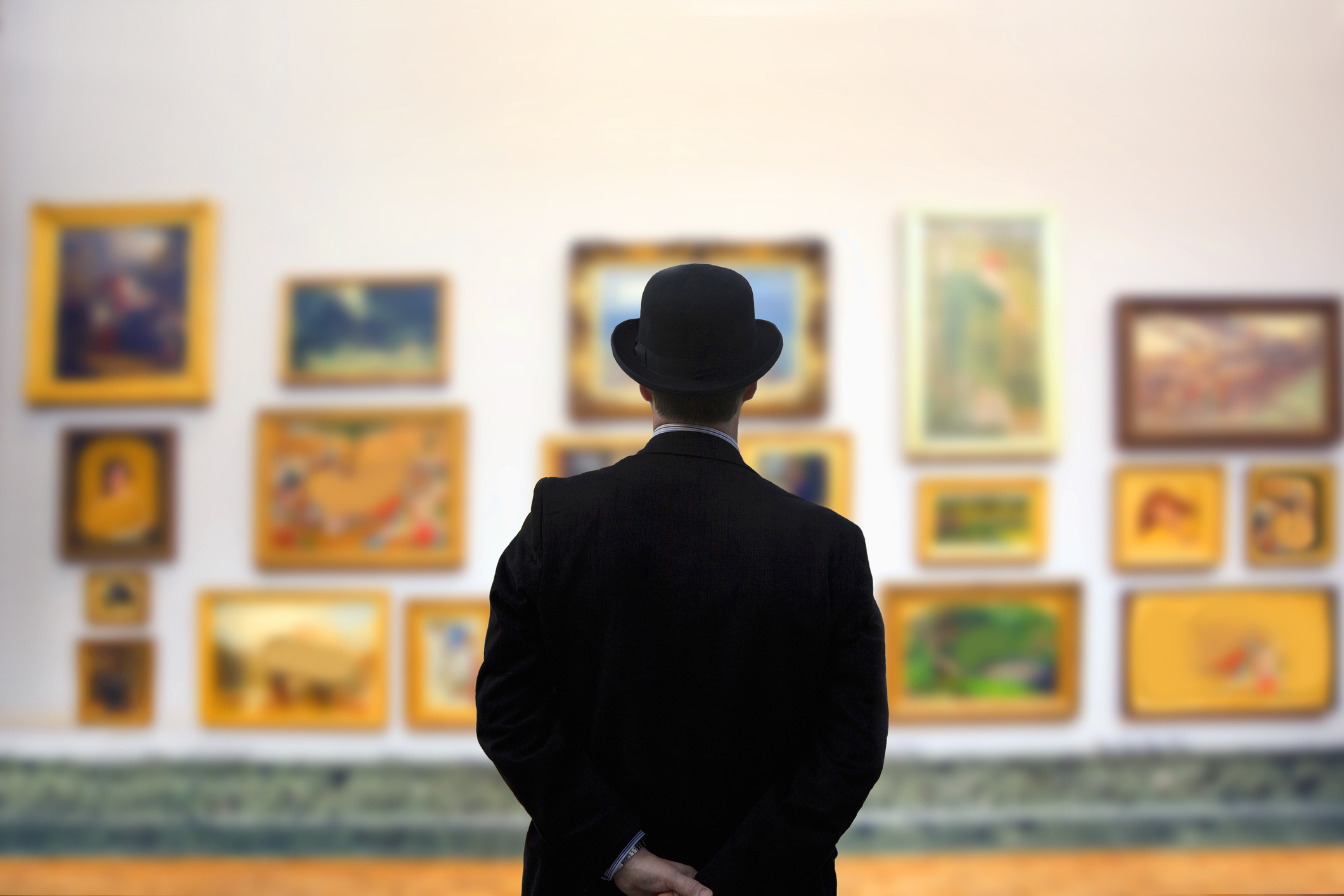A guide to reviving art on the Right.
Allow Artists to Be Artists

What we talk about when we talk about culture.
Every so often the question of culture on the Right comes center stage. There is a round of takes and pleas for more money and high-minded disputations about the nature of aesthetics and so on and so forth before the topic recedes into the background while more pressing political questions get their turn.
Spencer Klavan’s recent essay on the subject has brought the culture question back into the spotlight, and so here we are. Though it may seem like these rounds of debate do little more than sustain yet further debate, at the expense of actually making art, from my perch in the world of literature and publishing it appears to me we are moving in the right direction. The culture question is increasing in salience. Consciousness is being raised. And little by little, the money is starting to flow.
What is perhaps missing from the conversation is an answer to the question of why any of this matters at all. What do we mean when we say we need more culture? What are we talking about when we talk about art? And what, if any, is the relationship between culture and politics?
The British historian Kenneth Clark, in his 13-part documentary series Civilisation (which, if you haven’t seen it, drop everything and do so now), begins with a quote from the great nineteenth century writer John Ruskin:
Great nations write their autobiographies in three manuscripts, the book of their deeds, the book of their words and the book of their art. Not one of these books can be understood unless we read the two others, but of the three the only trustworthy one is the last.
Trustworthy, why? In Ruskin’s view, it is because art is derived from “instinct.” Art is the manifest spiritual impulse that pulls us up from the ground. Art does not have an agenda beyond itself. It is closest to the raw human element. It is the clearest reflection of a people’s way of life. The artistic gesture is a naked, intimate act, and therefore, as Ruskin says, “the honesty or pretence of it is open to the day…. At a glance (when we have learned to read) we know the religion of Angelico to be sincere, and of Titian, assumed.”
Likewise, Ernst Jünger, whose writing on art, philosophy, and religion provide, in my estimation, the most potent instruction for how to think about our current predicament, argues in The Forest Passage that it is art—and poetics—that is required to “break fresh ground in the dead-end situation.” Art opens up the horizon of possibility for both personal and collective action. Art doesn’t lead or command, but it does show; it constitutes the map of the territory on which the action proceeds. Without a good map, we are lost.
In other words, art comes first. To put it in the more operational language of Andrew Breitbart, “politics is downstream from culture.” There is a feedback loop of course. No category of human endeavor exists independently of others. And I don’t mean to suggest that art is insulated from the pressures of politics, or ought not to be informed by politics. Only, as I have argued before elsewhere, that politics and art are distinct. Art is messier and less explicitly motivated by immediate or measurable outcomes. You don’t make art to win elections. Art instead is an act of revelation. It reveals both what is possible, and perhaps even more so it reveals where we are at. It holds a mirror up to the world and without fear, compromise, or distortion reflects what is there to be seen.
Even then, art must be tethered to something more concrete than simple “honesty.” A sea of free-floating atomized individuals speaking their truth does not a culture make. T.S. Eliot, in his treatise Notes Towards the Definition of Culture, suggests that culture must be rooted in religious tradition. “It is in Christianity that our arts have developed,” he writes. “It is against a background of Christianity that all our thought has significance. An individual European may not believe that the Christian Faith is true, and yet what he says, and makes, and does, will all spring out of his heritage of Christian culture and depend upon that culture for its meaning.”
Eliot’s more provocative argument is that culture must also be supported by a hierarchical society in which an aristocratic class has both the luxury and duty of sustaining and advancing its development. High culture, to Eliot, is impossible in the context of democracy. Its egalitarian demands impoverish art in order to make it accessible to everyone.
If we are to take Eliot seriously, cultural production then cannot be strictly, or even primarily, treated as a commercial undertaking. It can be commercially successful, and often is, even in its highest form. But as with politics, its commercial viability is a step (or two) removed from the impetus for its creation. As George Steiner put it, echoing Eliot’s emphasis on culture’s intrinsically religious dimension, “The thrust of will which engenders art” is “rooted in a gamble on transcendence.” It is not rooted in a gamble on 10xing your portfolio.
What this all redounds to is a call to create the circumstances in which artists and culture makers, who are aligned on fundamental matters of belief and values, are given broad latitude to create art that does not immediately or explicitly speak to a political goal, subsidized by the patronage of an aristocratic class (if only aristocratic in spirit), and which may only have modest commercial appeal. This will also mean tolerance for wild strokes of genius, for ambitious failure, and will almost necessarily, at least on occasion, leave space for art that offends, challenges, and provokes against traditional conservative sensibilities.
Artists, in other words, must be allowed to be artists. The economics and expectations of the Right have long militated against this. But there is hope yet. The winds are shifting. It should only take a few more think pieces until we get where we are going.
The American Mind presents a range of perspectives. Views are writers’ own and do not necessarily represent those of The Claremont Institute.
The American Mind is a publication of the Claremont Institute, a non-profit 501(c)(3) organization, dedicated to restoring the principles of the American Founding to their rightful, preeminent authority in our national life. Interested in supporting our work? Gifts to the Claremont Institute are tax-deductible.
Remedying the Right’s disastrous forays into culture.
The Left’s war on culture is a historic opportunity for the Right.
Conservatives must snub political kitsch for aesthetic greatness.
Between provocation and propaganda.
Conservative artists are missing the bigger picture.






